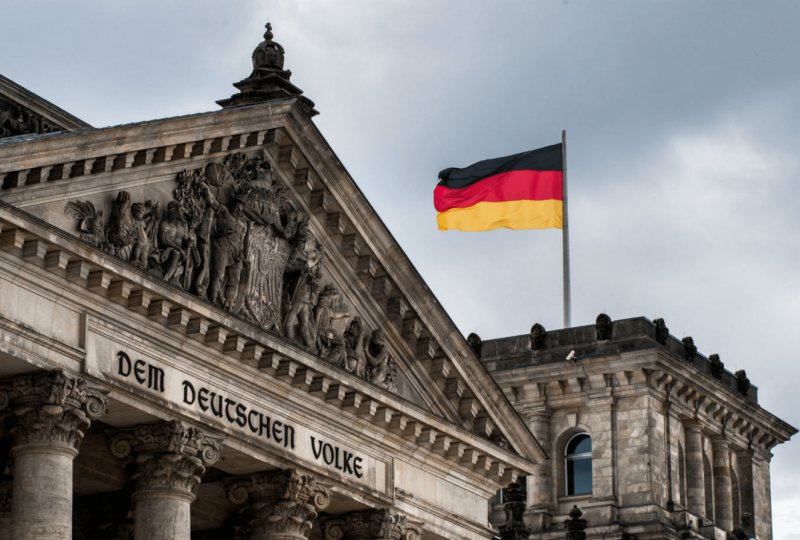German Wages Barely Grew In 2021 Despite Skyrocketing Inflation
Dec 16, 2021

Despite the rise in inflation, Germany negotiated salaries hardly increased in 2021, according to figures released on Thursday. This essentially causes people to have less cash in their pockets and potentially harms households in the EU's biggest economy.
The Federal Statistics Office stated that the unionized workers' wages climbed by a median of 1.3% compared to 2021, the weakest gain reported since the office started tracking statistics in 2010.
This year, employees' real earnings fell due to a 3% increase in consumer prices.
Central bank representatives and lawmakers are keeping a close eye on the situation with wages in the European Union. They're searching for clues as to whether high prices result in higher salaries, which might signal the beginnings of a wage-price spiral and, in turn, more significant inflation in the medium run.
In the context of supply constraints and output troubles in industry, the drop in real incomes bodes poorly for household spendings, which was the only booster of GDP increase in the third quarter.
Limitations imposed to combat a new COVID-19 outbreak are anticipated to harm sales volumes and companies in the service industry, removing the country's foundation for development in the fourth quarter of this year.
The incoming chancellor, Olaf Scholz from the center-left Social Democratic Party, has promised to elevate the minimum wage by about 25% to 12 euros per hour at the beginning of 2022.




